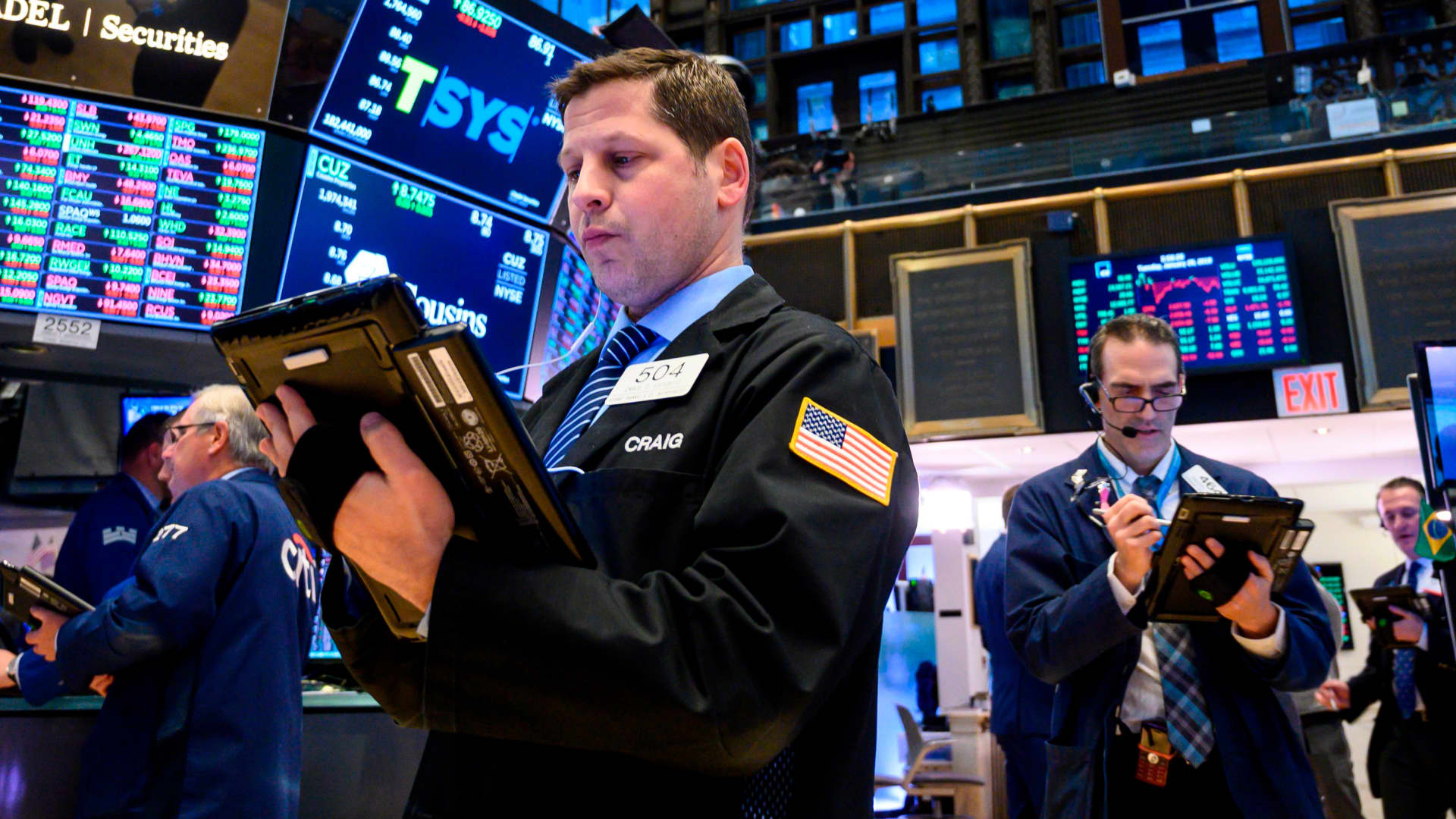Something like the investment rule of thumb usually goes like this: keep the equivalent of three to five net incomes in cash setting in a call money or savings account to be able to react to sudden problems or expenses. That is, of course, in a low inflation environment.
Everything above that level basically comes down to how ready to take risks you are. And as Es already stated, the risk increases with the margins. So, on the lower end you'll have treasury bonds (which barely break even nowadays in a zero or negative interest market for AAA rated ones), and on the high end you have options and knock-out certificates and day-trading in currencies and the like.
As a private investor, especially if you're not looking to do much active trading, go for a "World" index fund. If you want to add an extra layer of security, go for 70/30 split of a World ETF and something covering bonds (also in ETF form).
If you want to go a more specialized route with picking individual stocks the first question I`d ask if you are a growth or dividend investor, because then you'll have to chose your stock accordingly. Picking dividend stocks on the face of it is simpler, as you can just look at which companies have been continuously paying them (there's even lists of dividend "aristocrats" and "kings", ie. stocks that have been paying and raising their dividends for 25/50 consecutive years). Doing that means you're in for a slow burn which largely guaranteed quarterly, monthly or annual payouts but also little or slow stock price growth.
Then there are growth stocks, where you have the chance to double, tripple or gain tenfold increases on your initial investment. Amazon or Netflix are examples of those where you'd have made 1000% gains if you had made an investment shortly after their IPOs and held the stocks until today. The problem here is: it`s largely
guessing trends and business models. Though that's unarguably where the big money is.
Though if you have a couple thousand bucks sitting on an account that you don`t really need you can still try and gamble on some penny stocks. *shrugs*
The next and definately more risky part is generally P2P-investing. It's basically investing done by bypassing actual banks. The big platforms here are
Mintos,
Bondora, and a slew of others for consumer financing,
EstateGuru and
BulkEstate for real estate investing, and more specialized platforms like
Crowdestor for business ideas etc. Most of those come with some safety features included (though I'd rate the real estate platforms the most secure as they have their loans backed by first-rate demands on the properties themselves), but realize that complete losses are
absolutely possible. In return, annual returns between 10 - 25/30% are possible. But be aware that this is something only to do with money that you can afford to lose!
Don't stick your life`s savings there. And make sure you categorize between them with regards to risks. Something backed by access to property like real estate, i.e. EstateGuru, is a good deal more crisis resistant than a platform like Mintos whose lenders mostly deal in consumer loans.
Having said that, if anyone is still interested in these platforms you can PM me and I'll send you referal links...

